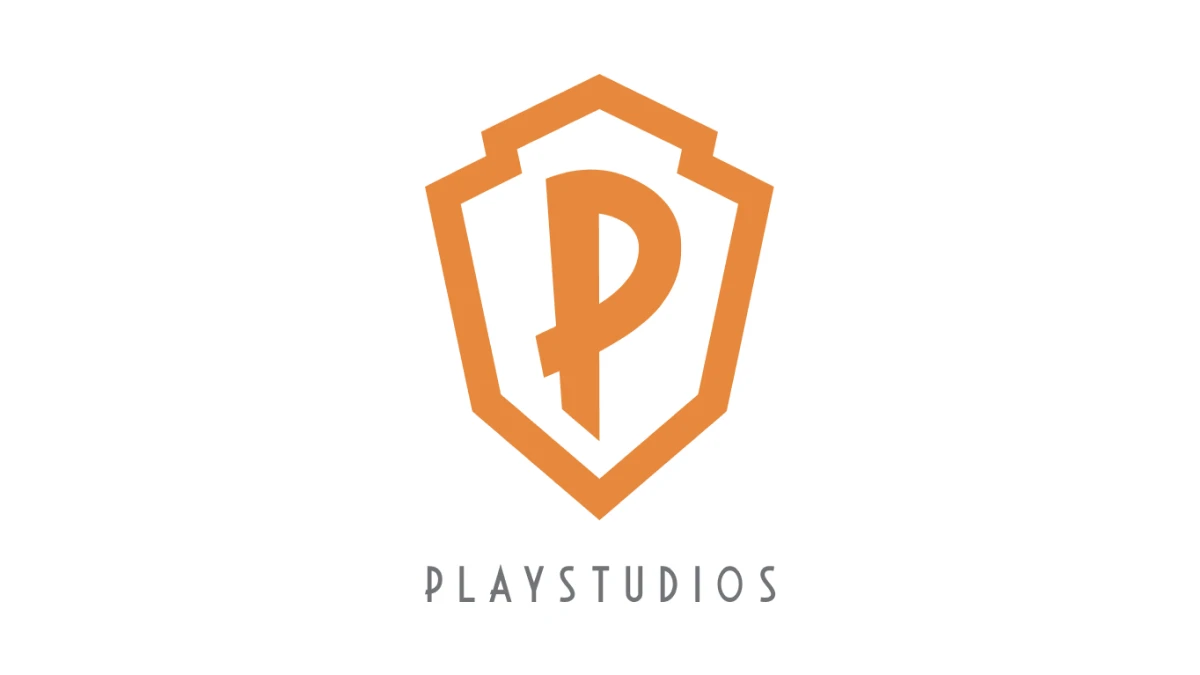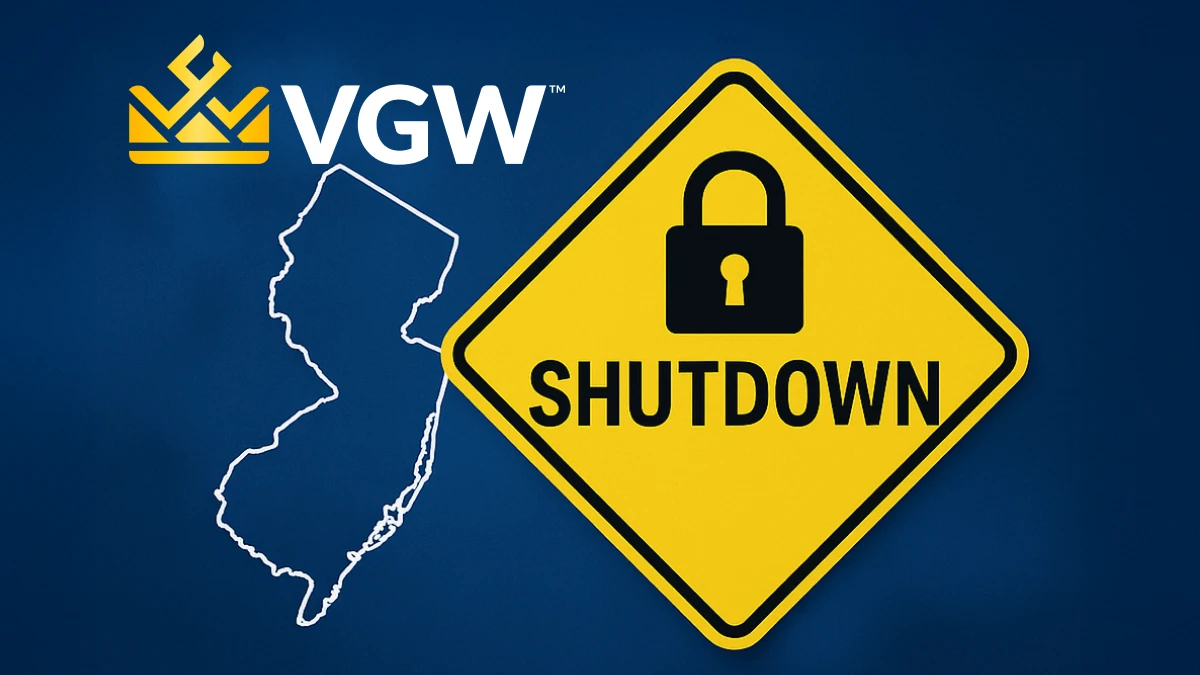Florida Senate Advances Bill to Ban Sweepstakes Platforms and Strengthen Gambling Laws

1.0
Default
Senate Bill 1404 moves on to the Senate fiscal committee, and it seeks to impose stronger penalties for offering and participating in illegal gambling in the state as well as a ban on sweepstakes gaming.
A Florida Senate committee has taken another step toward tightening the state's laws against illegal gambling and online sports betting. Senator Corey Simon's bill, SB 1404, received a favorable report this week from the Senate Appropriations Committee on Agriculture, Environment, and General Government, moving it one step closer to becoming law.
The bill, which now advances to the Senate Fiscal Policy Committee, seeks to impose harsher penalties on those who engage in or facilitate illegal gambling operations, while also banning sweepstakes gaming - a rapidly growing form of online gambling that lawmakers argue exploits loopholes in current regulations.
"Without more substantial penalties, illegal gambling will continue to spread, siphoning money from Florida," Senator Simon said during the committee hearing. He continued, this bill is about protecting consumers, upholding the integrity of our gaming laws, and ensuring that gaming in Florida is conducted lawfully and responsibly.
Cracking down on illegal online gambling and sports betting
SB 1404 targets a wide array of illegal gambling practices, specifically prohibiting internet gambling and online sports betting outside the framework established by the Seminole Tribe's exclusive compact with the state. This move effectively outlaws sweepstakes-style gaming websites and mobile applications that simulate casino experiences - a trend that has seen increased popularity in recent years.
Under the bill, 'internet gambling' is defined as playing any game based on chance - including simulated video poker, slot machines, or table games - for money or anything of value via the internet. Similarly, online sports betting is prohibited if it involves wagering on contests of speed, skill, endurance, or power, whether human or animal, unless conducted through the Seminole Tribe's authorized platform.
Violations of the bill would be classified as third-degree felonies, which could carry significant legal consequences including prison time and substantial fines.
Tribal gaming and DFS remain untouched
Importantly, the legislation does not impact the Seminole Tribe's rights under their gaming compact with the state. The tribe retains exclusive rights to offer sports betting and certain forms of iGaming in Florida. Simon's bill also steers clear of the contentious issue of daily fantasy sports (DFS), which remains under consideration in a separate piece of legislation currently making its way through the legislature.
By excluding DFS from SB 1404, lawmakers appear to be taking a cautious, measured approach - seeking to tackle unregulated and illegal gaming while allowing more time for deliberation on the evolving DFS landscape.
A growing concern
The advancement of SB 1404 reflects growing concern among Florida lawmakers about the proliferation of unauthorized gambling platforms that operate outside state oversight. Proponents argue that these platforms not only divert revenue from legal, regulated gaming entities but also expose consumers to fraud, lack of recourse, and addictive behaviors without appropriate safeguards.
Sweepstakes gaming, in particular, has drawn criticism for mimicking the experience of traditional casino games while evading regulation by claiming to offer 'promotional' or 'free' gameplay with the chance of winning real-world prizes. Critics say such systems amount to de facto gambling.
The next steps
With favorable reports from two Senate committees already secured, SB 1404 now heads to the Senate Fiscal Policy Committee, where it will undergo further scrutiny. If approved, the bill will proceed to a full Senate vote before potentially moving to the House of Representatives. If signed into law, the legislation would go into effect on the 1st of October, 2025.
As the debate over gambling continues to evolve in Florida and across the country, Simon's bill represents a firm stand by state lawmakers to uphold strict gaming standards and curb what they see as an unchecked expansion of illegal and unregulated gambling platforms.




















